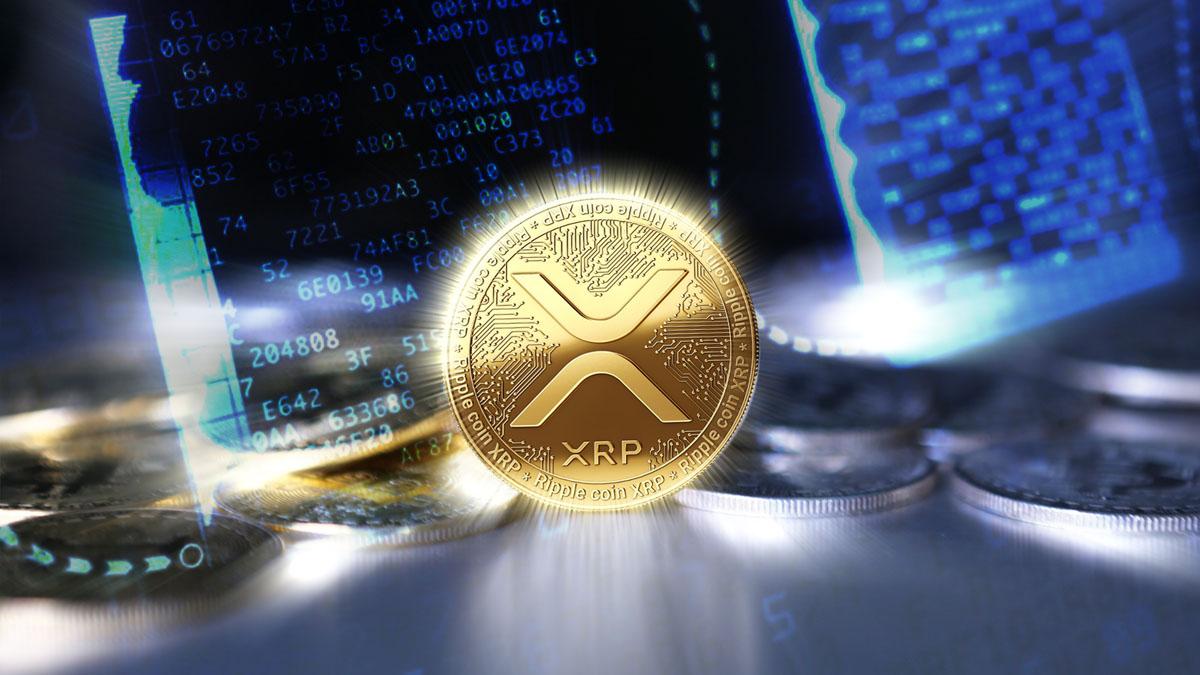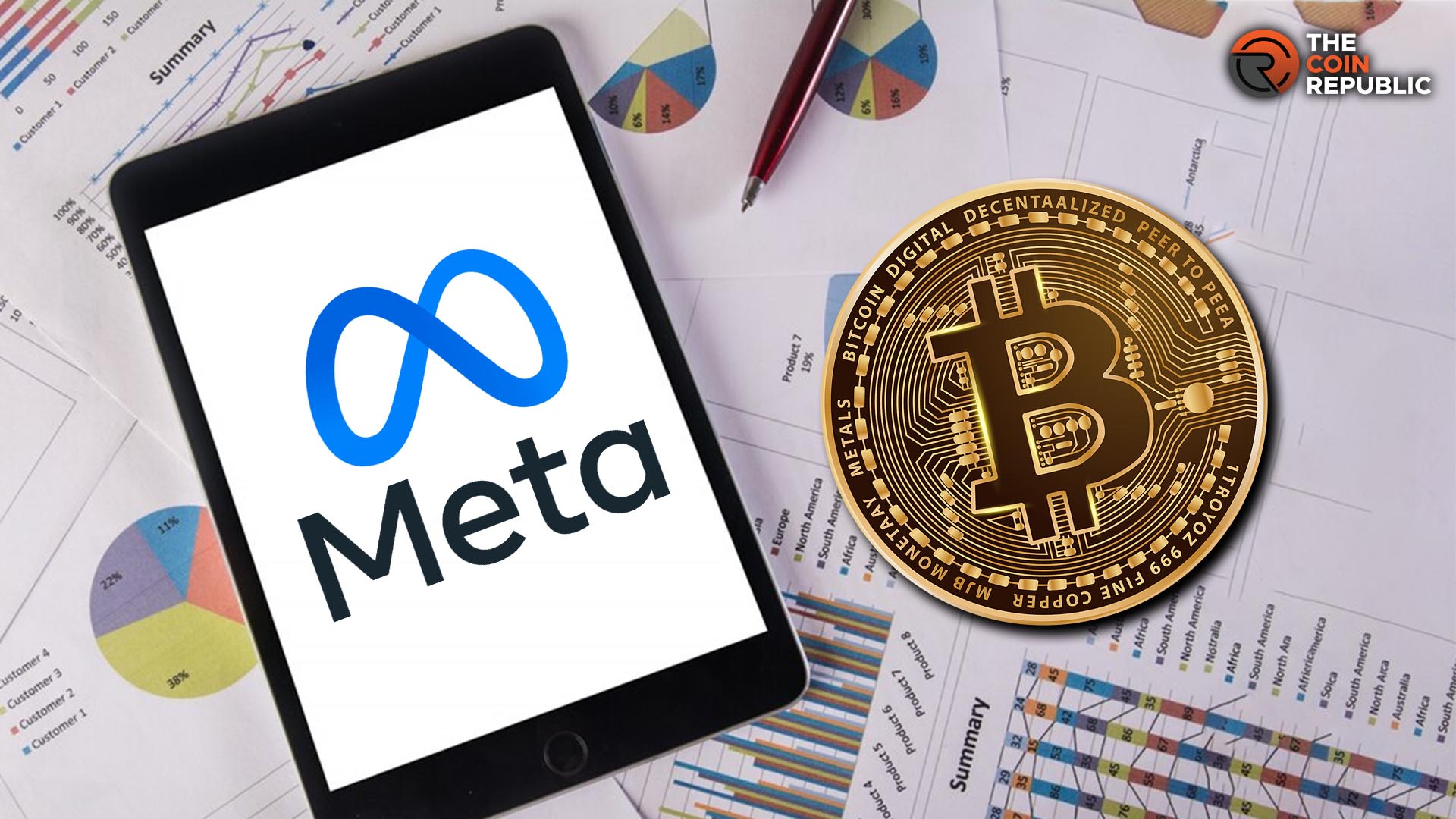Recent reports indicate a surge in XRP transactions as major players, commonly referred to as whales, amass nearly 1 billion coins. This significant buying activity suggests a revitalized confidence in Ripple’s native cryptocurrency, prompting traders to take note of potential price movements in the upcoming days.
Why are Whales Investing Heavily in XRP?
The accumulation of XRP by large investors has raised expectations for an imminent price rise. Market analysts are now closely observing these developments as they unfold.
What Do Experts Predict for XRP’s Value?
Market analyst Ali Martinez highlighted the trend, noting that whales purchased approximately 1 billion XRP within a mere two days, showcasing a strong interest in the cryptocurrency. This spike in accumulation followed Ripple Labs’ transfer of about 300 million XRP to an undisclosed wallet, valued at $682 million, which stirred speculation across the market.
Currently, XRP is priced at $2.35, reflecting a 1.2% increase, although trading volume has dipped by 9% to $4.9 billion. The cryptocurrency has experienced fluctuations between $2.36 and $2.26 in the last 24 hours, underscoring the influence of whale activities. Moreover, open interest has risen by 3%, reaching $4.37 billion, indicating heightened trader engagement.
– Whales have acquired approximately 1 billion XRP in two days.
– XRP’s price targets are forecasted at $2.40, $2.86, $4.55, and $5.85.
– The cryptocurrency could potentially see a rise to about $6 soon.
– Current support levels are identified at $2.23 and $2.13.
Whale-driven transactions are leaving a notable mark on the market dynamics surrounding XRP. As traders remain vigilant, the upcoming price movements will likely be shaped by these large investments and overall market conditions.
Disclaimer: The information contained in this article does not constitute investment advice. Investors should be aware that cryptocurrencies carry high volatility and therefore risk, and should conduct their own research.











